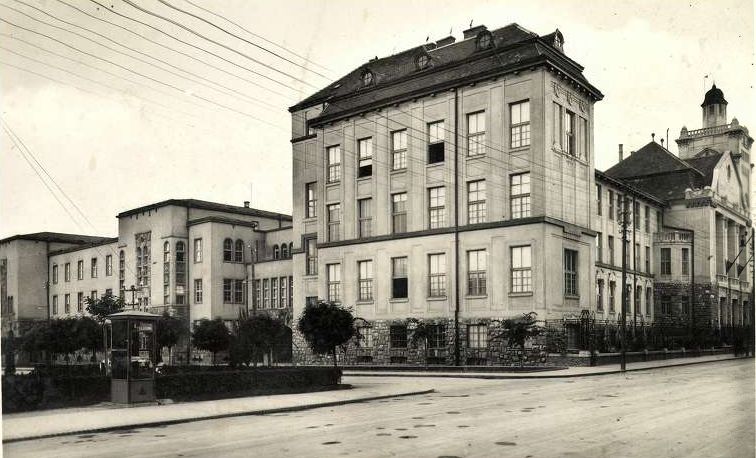History of the Foreign Language Department at the Royal Erzsébet University between 1918 and 1949
DOI:
https://doi.org/10.15170/PAAA.2014.01.01.09Keywords:
university history, foreign language education, cultural contacts, lector, Elisabeth UniversityAbstract
During the period that the Royal Erzsébet University resided in Bratislava and Budapest, foreign languages were taught to students by non-native language teachers. After the university’s removal to Pécs in 1923, foreign language teaching, among other areas, started to develop at the instigation of the cultural politics defined by Kuno Klebelsberg. Until the closing-down of the Faculty of Humanities in 1941, eighteen secondary-school teachers and thirteen – Finnish, German, and, after the 1930s, Italian and French – native language teachers had taught at the university. After 1945, English and Russian native teachers were employed, too. The number (and faculty affiliations) of students taking part in foreign language education cannot be precisely determined; however, there is a proven rise in interest and a change in preferences in studying foreign languages, which can be connected to the increase of scholarships for study abroad. Besides the English, French, German, Italian, and Finnish languages that were taught in the 1920s, in the next decade there appeared Swedish, Serbian, and Croatian, and there also began the teaching of foreign languages for specific purposes such as German for medical professionals. From the 1930s onwards, as an effect of the new directions foreign policy was taking, an emphasis was placed on the teaching of Italian and German and the Italian and German governments themselves tried to establish official positions for their citizens as foreign language teachers at the University of Pécs. Foreign language teaching continued during the Second World War, and the range of languages grew with the help of courses in Russian, then in the Bulgarian language.
After 1945, the university maintained and tried to broaden the system of foreign language education and of the employment of visiting foreign language teachers: it supported the employment of an Esperanto teacher from 1946 onwards. However, as a result of the changes in cultural and higher educational policy in the years of 1948–1949, that wide range of foreign languages was reduced and the Russian language enjoyed a monopoly lasting decades.
(Translated by Gabriella Hartvig)
Downloads

Downloads
Published
How to Cite
Issue
Section
License

This work is licensed under a Creative Commons Attribution-NonCommercial-NoDerivatives 4.0 International License.

